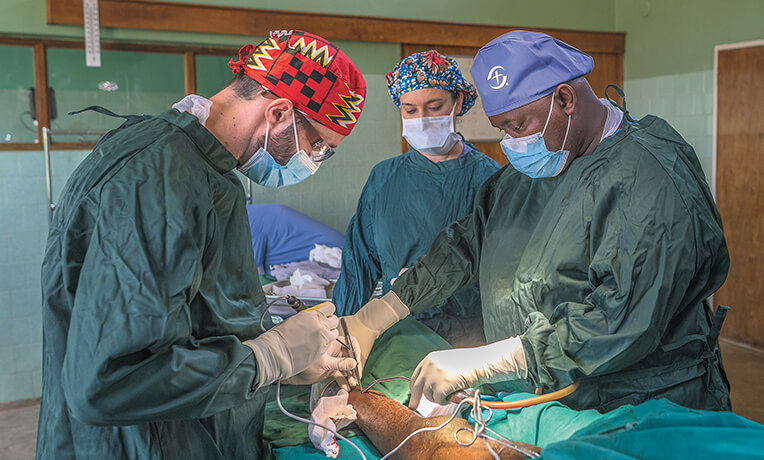Cow Horns and Kangaroos

World Medical Mission – A Ministry of Samaritan's Purse
Spring 2025
Blog by Dr. Brian Ginn, a general surgeon at Nazarene General Hospital in Papua New Guinea. Brian and his wife, Abigail, a pediatrician, are serving through the Post-Residency Program.

Serve With Us
World Medical Mission is looking for Christian doctors, dentists, nurses, and other healthcare professionals to serve on short-term volunteer assignments at our partner mission hospitals and clinics. We also offer two-year placement opportunities through our Post-Residency Program for those who are completing residency and feel called to a career in medical missions. For more details, contact us at wmminfo@samaritan.org or (828) 278-1173.
Apply Now








